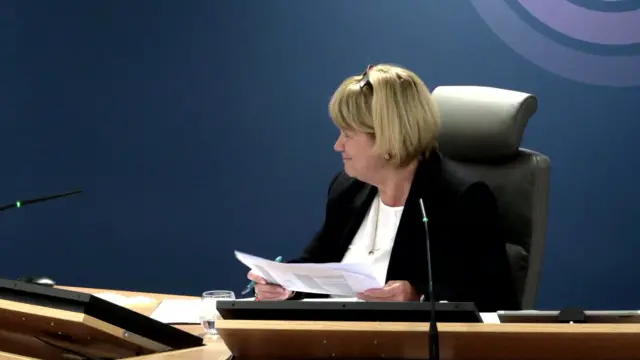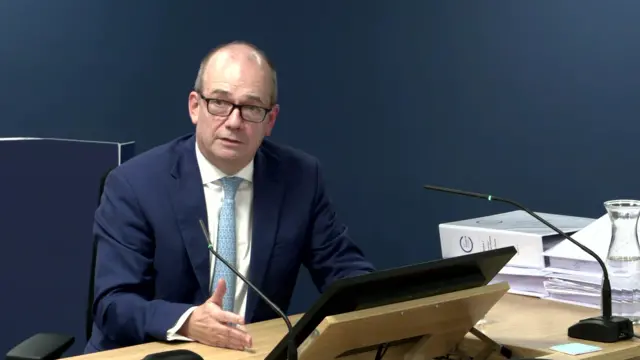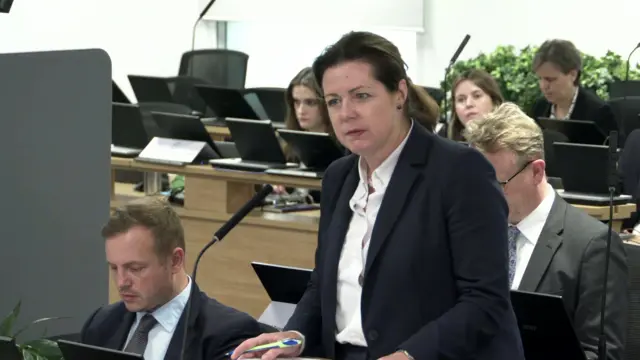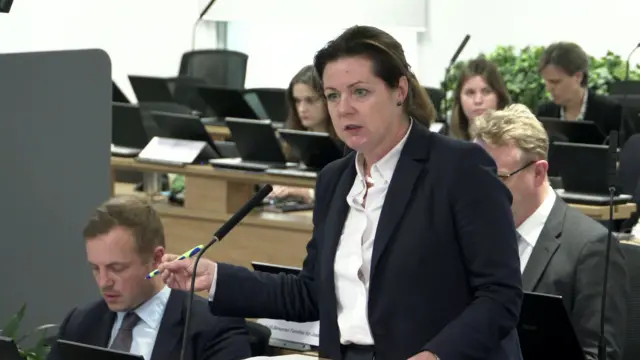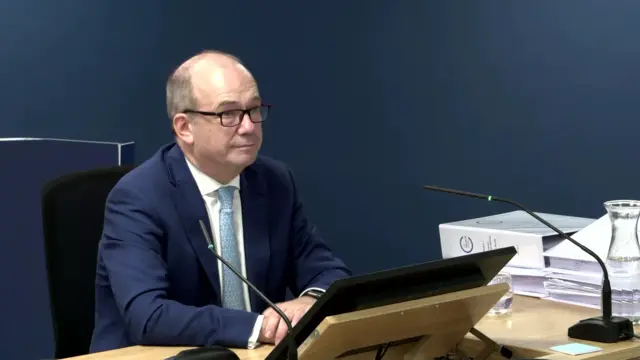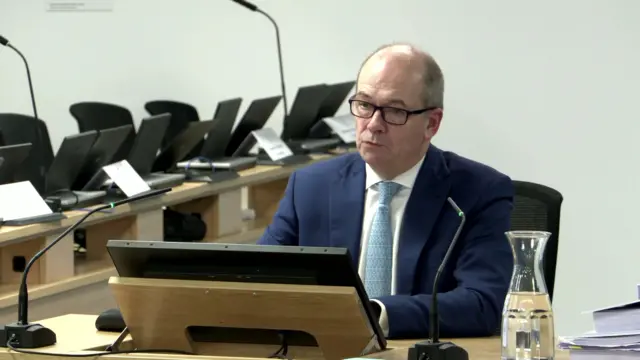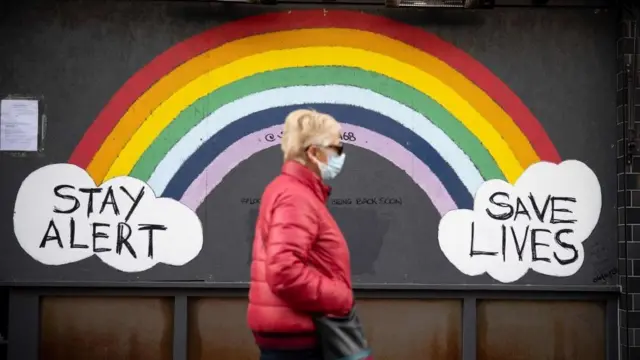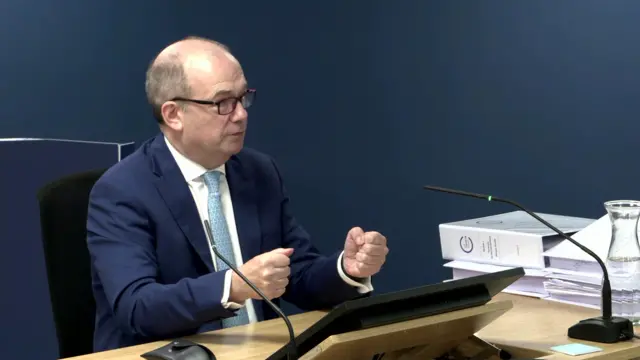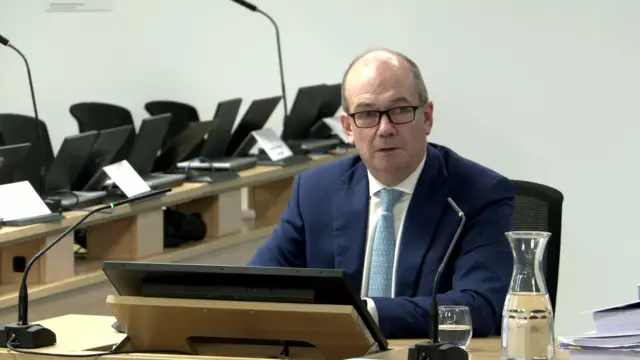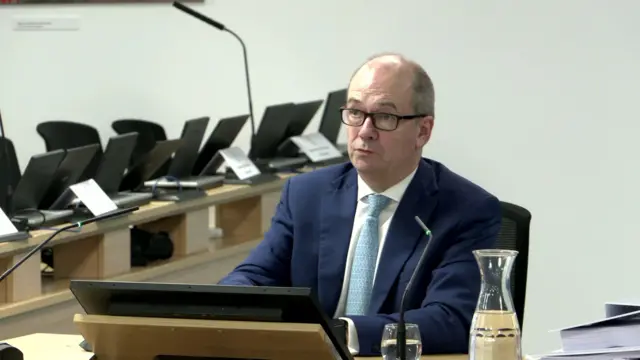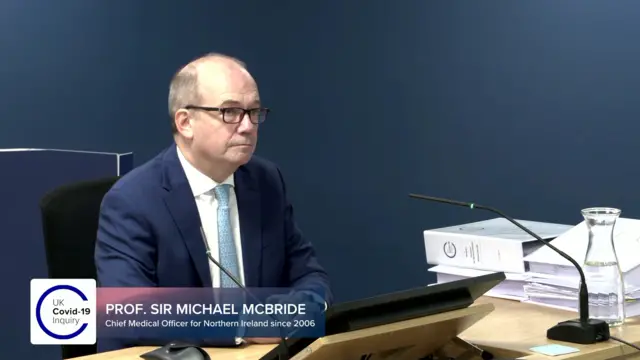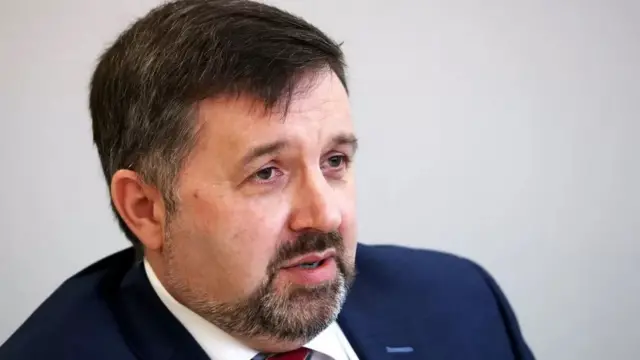That's it for todaypublished at 16:54 BST 10 July 2023
 Ciaran McCauley
Ciaran McCauley
BBC News NI
Today's evidence from the chief medical officer is part of a week which is looking very closely at what happened in Northern Ireland during the pandemic.
Tomorrow we'll be bringing you live coverage as Baroness Arlene Foster, Northern Ireland's former first minister, and the Department of Health's former permanent secretary Richard Pengelly give evidence. On Wednesday, former deputy first minister Michelle O'Neill is due to appear.
You can catch up on all of the news from today's inquiry here.
Today's coverage has been written and edited by myself and Matt Fox. Until tomorrow, thanks for joining us.
